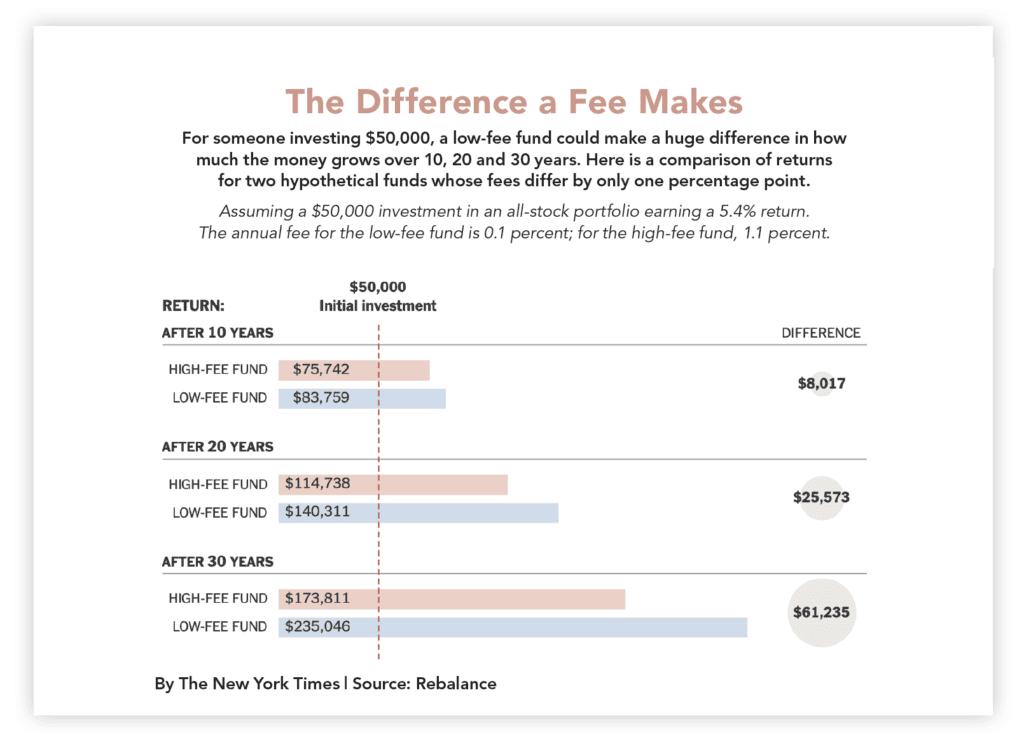Lost Your Job but Still Have a 401(k)? Here’s What to Do With It

Rebalance Managing Director Scott Puritz details the importance of knowing how much you’re paying in 401(k) fees, and why when it comes to rollovers, you have to “just get it done.”
Tens of millions of Americans have lost their jobs as the coronavirus ravages the economy, bringing the unemployment rate to a Great Depression-level 14.7 percent — and many are looking for emergency lifelines to meet living expenses.
Retirement accounts will be a tempting option. Last year, about 63 million households had defined contribution plan accounts, and 46.4 million households owned I.R.A.s, according to the Investment Company Institute.
The CARES Act signed into law in March provides flexible hardship withdrawal options for 401(k) and individual retirement accounts. But people who have lost their jobs and don’t need to tap their retirement account early still have a decision to make: Leave the savings in the former employer’s plan, or roll them over to an I.R.A. In the event that a former employer goes out of business and terminates the plan, your choice is a rollover or taking a direct distribution. The best choice will depend on a number of factors.
What are my options under the CARES Act?
If you lost a job because of the coronavirus crisis, the CARES Act offers special exemptions from the usual withdrawal rules for 401(k) or I.R.A. accounts. Adoption of the exemptions is voluntary for employers, but most seem to be offering them; Fidelity reports that 96 percent of the plan sponsors that it works with have added these features, for example.
Normally, income taxes are due on withdrawals from these accounts in the year you take the distribution. And if you are younger than 59½, a 10 percent penalty is levied. Under the CARES Act, you can withdraw 100 percent of your account, up to $100,000, without the usual 10 percent penalty. The income taxes are still due, but you can spread out payments over three years or redeposit the withdrawn sums anytime during that period. (The CARES Act also relaxes the rules on loans from 401(k) plans, but most employers won’t permit loans if you no longer work for them.)
“This is probably the most flexible distribution and taxation arrangement that I’ve ever seen for retirement plan benefits,” says Fred Reish, a lawyer who specializes in employee benefits. “It’s really quite extraordinary.”
The prospect of cracking open retirement piggy banks to meet emergency needs doesn’t bode well for the nation’s retirement savings, which reflected economic inequalities before the crisis that are likely to worsen now. Widespread drawdowns under the emergency law may underscore a post-crisis need to develop more robust emergency saving options.




